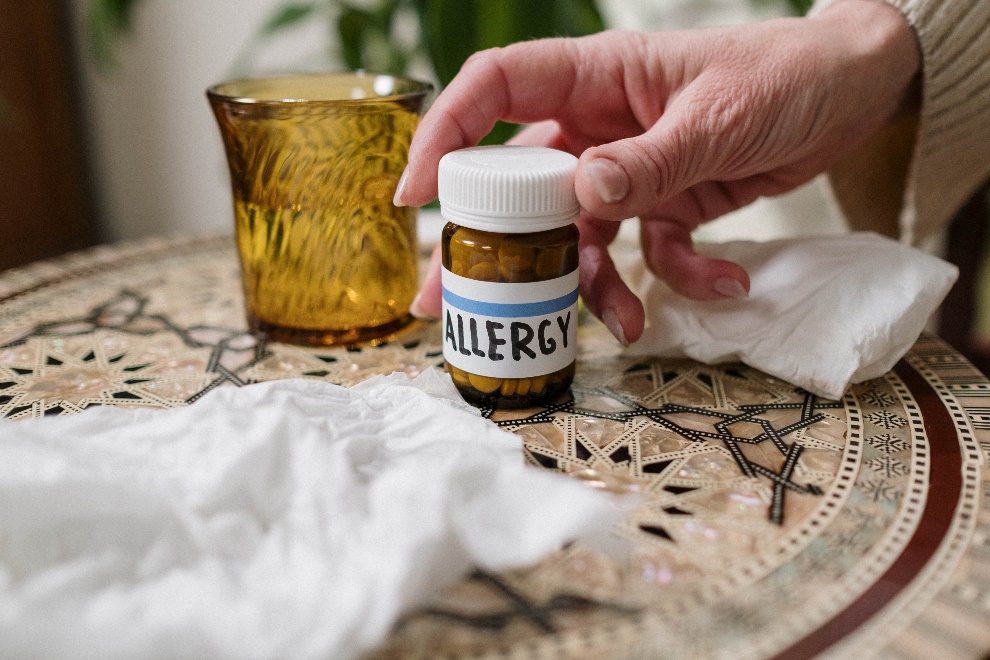Insights into Triggers and Effective Remedies for Allergies
Allergies, often described by virtual doctors as the body's overzealous response to harmless substances, have become increasingly prevalent today. From pollen to peanuts, individuals may find themselves grappling with a range of allergic reactions. Gaining insights into the triggers and employing effective remedies is essential for managing and preventing allergies from disrupting daily life.

Understanding Allergy Triggers
Allergic reactions occur when the immune system perceives a typically harmless substance as a threat and releases histamines and other chemicals to combat it. Common allergens span various categories, including:
Environmental Allergens: These encompass pollen, mold spores, pet dander, and dust mites. They trigger hay fever and can exacerbate conditions like asthma.
Foods: Allergic reactions to foods like peanuts, tree nuts, shellfish, dairy, and gluten are well-documented. These reactions can range from mild hives to life-threatening anaphylaxis.
Insect Stings and Bites: Venom from bee stings or bites from mosquitoes and ticks can provoke allergic reactions, some of which can be severe.
Medications: Certain medications, like antibiotics and pain relievers, can trigger allergic responses. This emphasizes the importance of disclosing medical history to healthcare providers.
Contact Allergens: Skin allergies may arise from direct contact with substances like latex, certain metals, and chemicals in personal care products.
Occupational Allergens: People working in certain industries might be exposed to allergens such as chemicals, dust, or latex gloves, leading to work-related allergies.

Effective Remedies
Avoidance: The most straightforward approach is avoiding allergens altogether. This might involve staying indoors during high pollen seasons, keeping pets out of bedrooms, and reading food labels carefully.
Medications: Over-the-counter antihistamines are widely used to relieve allergy symptoms. For more severe allergies, prescription medications like corticosteroids and epinephrine injectors may be necessary.
Allergy Shots: Immunotherapy, commonly known as allergy shots, involves administering gradually increasing doses of allergens over time. This helps the immune system build tolerance to specific allergens.
Natural Remedies: Some individuals explore natural remedies like using saline nasal rinses to reduce pollen exposure or consuming local honey to ease seasonal allergies potentially.
Dietary Changes: Adjusting one's diet can be beneficial for those with food allergies. Consultation with a healthcare professional or allergist is essential to ensure proper nutritional intake.
Allergen-Proofing Home: Using allergen-proof covers for mattresses and pillows, frequent vacuuming, and maintaining low humidity levels can help reduce exposure to indoor allergens.
Emergency Plans: Individuals with severe allergies should have an anaphylaxis action plan in place, which might include carrying an epinephrine auto-injector and knowing how to use it.
In conclusion, allergies can significantly impact the quality of life, but understanding the triggers and implementing effective remedies for allergies can empower individuals to manage and mitigate their symptoms. Book a virtual doctor consultation with TelMDCare’s virtual doctors and discuss your concern in detail. Our internal medicine doctor provide treatment for several chronic ailments!